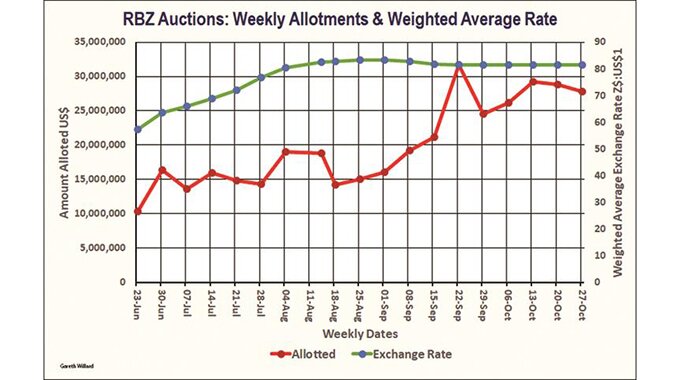Own Correspondent
Stock markets provide a trading platform where shares of publicly-held companies are sold and bought.
Along with the debt markets dominated by commercial lenders, stock exchanges are an invaluable source of capital for businesses. As such, the behavior of a country’s stock market can serve as a reliable indicator of national economic performance. So, how exactly does a stock market benefit an economy?
Without stock markets, businesses would largely resort to borrowing huge loans – which must be repaid with interest- from banks or individuals with well-oiled pockets. Fortunately, businesses in both the developed and developing world can issue share to the public, raising vast amounts of cash that doesn’t come along with a repayment burden (public companies are under no obligation to pay dividends, especially when they incur losses). When businesses have access to such capital, they can easily expand operations and create more job opportunities. From a national perspective, this will lower unemployment levels, and enable a government to earn move revenue from business taxes.
addition, stock exchanges with high market values can attract foreign companies. For example, Manchester United left the LSE in 2005 and listed its shares in the NYSE in 2012, largely because of the latter’s ability to attract investors. When this happens, investors in the US have an even wider variety of businesses to invest in.
Advertisement
Stock markets provide a capital raising platform for governments too. Sometimes a local, state or national government may need more money to develop a community housing estate, build a water treatment plant or initiate any other public projects. Instead of increasing taxes to raise the required revenue, it can issue bonds through the stock market. When investors buy these bonds, the government is able to raise the money it needs to launch various projects that can ease the cost of living or even create jobs for locals. A classic example is the M-Akiba, the world’s first mobile retail traded bond issued by the Government of Kenya.
markets are not only crucial at a macro level, they are also critical for the individual investors. Given that the price of securities fluctuates up and down depending on the performance of the companies as well other developments in the economy there is a real opportunity for investors to make a profit in the sale of securities in the secondary market. Further, investors can benefit from income in the form of a dividend. While not all securities offer dividends, those that do deliver annual payments to investors.
These payments arrive even if the stock has lost value and represent income on top of any profits that come from eventually selling the stock. Investors can hold on to their shares whilst benefiting from dividends.
Buying shares means taking on an ownership stake in the company an investor purchases equity in. This means that investing on the capital market also brings benefits that are part of being one of a business’s owners. Shareholders vote on corporate board members and certain business decisions. They also receive annual reports to learn more about the company.
Investors further benefit from protection through the obligation of listed companies to disclose information related to their everyday business. Price sensitive information is available to the public.
Shareholders, through the transparent listing and trading rules, are in a position to be updated regularly and on a daily basis on the events taking place at the company. Based on real-time demand and supply of securities, they are able to make decisions for investments in that type of security. type like Warren Buffet, the one thing they have in common is their appetite for investing in the securities market. When will you start trading? C-TRADE is at your fingertips.
– NEWSDAY








